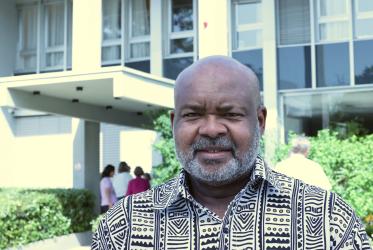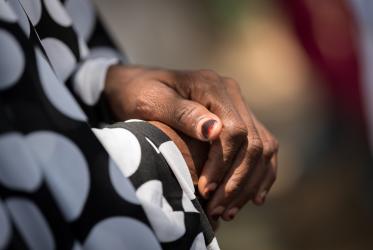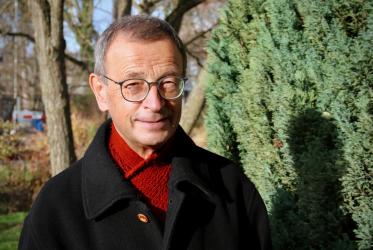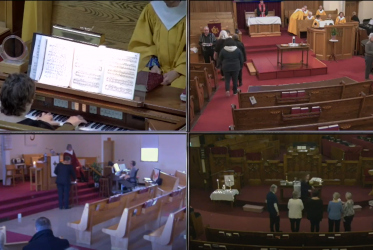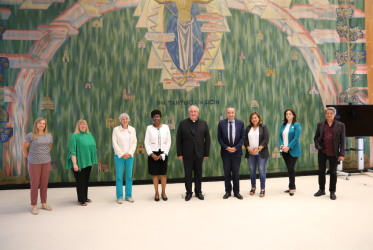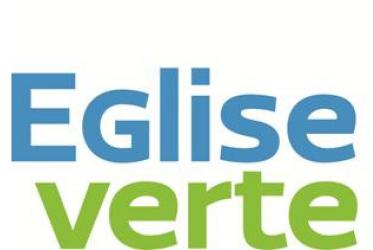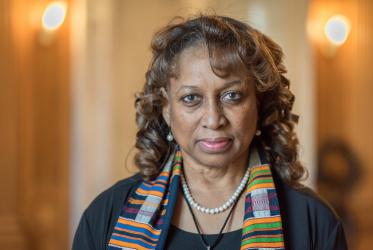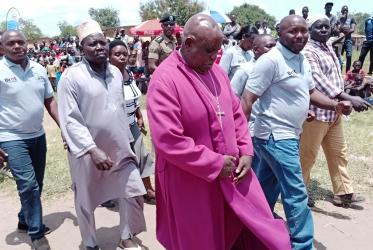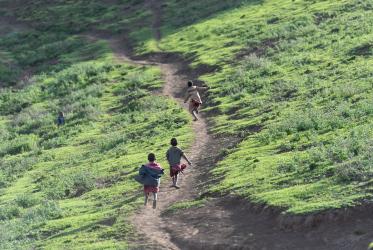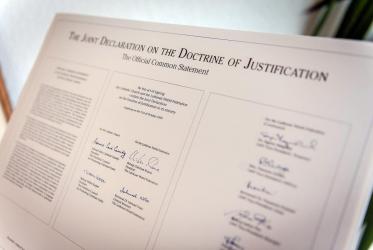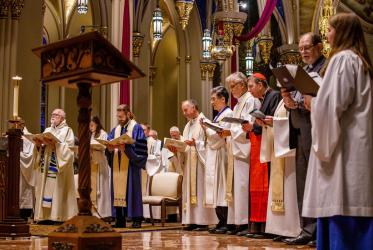Displaying 1 - 20 of 66
Bridging gaps and bringing people to the table
23 June 2022
Brother Alois: Faith in Christ means strengthening unity
21 December 2021
Féderation protestante de France visits WCC
01 September 2021
In a COVID-stricken world, “everyone is important”
23 October 2020
WCC condemns attack at Hanukkah celebration in New York City
29 December 2019
Religious leaders from South Sudan cherish those who host refugees
23 September 2019
Faith and HIV treatment go hand in hand
06 March 2019

